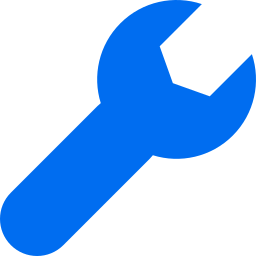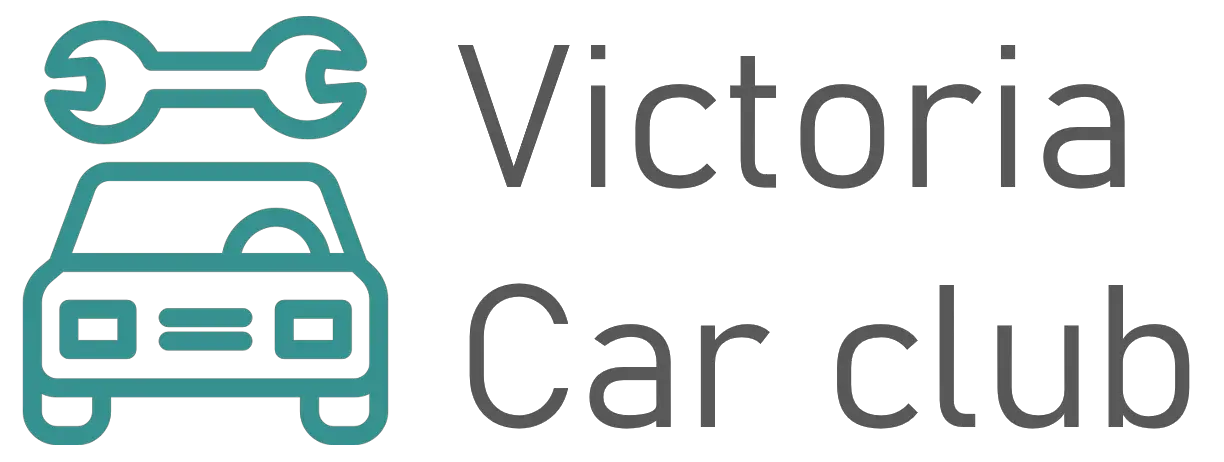Encountering problems on your car is especially annoying, in addition to the financial aspect that these problems represent, one must also add the time lost with a non-operational Land Rover Freelander and the time spent to detect and remedy the breakdown. Nevertheless, some problems are less serious than others, which is not to say that they do not get worried us. Today we are going to look at a trouble that can occur to many of us, having vibrations at acceleration on Land Rover Freelander. This trouble can occasionally be hard to perceive but it must be handled. We will therefore commence our article with the sources of these vibrations on Land Rover Freelander, then, with the answers you have to reduce or stop these tremors.

Why does my Land Rover Freelander produce vibrations when accelerating?
So let’s commence our article with the sources of this type of trouble on your car. You should already know that an engine, specifically if it is old or if it has been driven a lot, can naturally vibrate without being a trouble behind it. Large diesel engines, specifically those with a lot of torque, can generate this sort of impression, both at idle and when accelerating.
I feel vibrations on my Land Rover Freelander only when accelerating
Let’s take the most interesting circumstance for us in this article. The fact that you come to feel trembling on your Land Rover Freelander during your acceleration phases, in this situation you will have to examine the state of several parts because various of elements can be at the starting point of these vibrations and regardless if you are unfortunate a mix of several of them may also be possible, here is the list of components that can be concerned.
- Turbo: If the turbo of your Land Rover Freelander is defective, it may generate vibrations that you will feel when you accelerate at the moment it is activated.
- The turbo pressure sensor: This sensor will control the pressure exerted in the turbo of your car, if it fails it may bother the behavior of your turbo and bring about vibrations that you may experience within the acceleration of your Land Rover Freelander.
- If the turbo is punctured or ruined, the effect will be the same, the power supply of your turbo will be troubled and its behavior too. Make sure to visually verify their state.
.
I’m getting vibrations on my Land Rover Freelander at acceleration and deceleration
We will now focus on the situation where you experience vibrations on your Land Rover Freelander when you are accelerating but also when you are idling. If you only experience vibrations when you are idling on your Land Rover Freelander, please seek advice from our article focused on this trouble to remedy your problem. If, however, you realize that your Land Rover Freelander vibrates when accelerating but also when it is stopped, here is the list of elements to verify:
- EGR valve: In reality this valve which controls the return of exhaust gases for pollution standards can become dirty and disturb the evacuation of exhaust gases which can generate Land Rover Freelander vibrates when accelerating but also when stopped.
- Injectors: Your injectors that control the fuel/air mixture flow may be dirty or damaged, which will generate the wrong amount of mixture and thus prevent your engine block from working effectively, it is even possible that one or more of your cylinders are not running correctly.
- Fuel Filter: Like the injectors, if the filter is clogged it will not let the fuel pass correctly and therefore disturb the performance of your Land Rover Freelander, up to the point of leading to vibrations during acceleration.
Here are the most important triggers of a Land Rover Freelander that vibrates at acceleration
What can I do to stop the vibration when I accelerate on my Land Rover Freelander? What can I do?
Finally, in this last part, we will provide you the answers available to you to cure these tremors on your car when you accelerate. Here is the best attitude to adopt dependent on the component that is involved:
- Turbo: If your turbo starts all these vibrations when you accelerate your Land Rover Freelander, it will be good for you to control all the components connected to it because changing a complete turbo is a big budget and typically the trouble does not come exclusively from the turbo. So make sure check out your turbo pressure sensor, your flowmeter, the EGR valve and the hoses of your turbo. Otherwise take your Land Rover Freelander to your garage area.
- EGR valve: The EGR valve has the benefit that it is often times easy to access and simple to disassemble/clean. You can always check out it and clean it, for this see our article on cleaning the EGR valve of an Land Rover Freelander.
- Injectors: Injectors are very delicate components and a few harmful particles may be enough to disturb their performance. Use a fuel additive to simply clean the injectors, if this is not enough you will have to go to a expert.
- Fuel Filter: If it is the fuel filter, simply replace it. A fuel filter doesn’t clean itself, so if it is clogged you will basically have to replace it with a new one.
Now you have all the information you need to discover the source of the vibrations at acceleration on your Land Rover Freelander. If you don’t feel able to accomplish certain operations don’t hesitate to go to your auto technician.
Whenever you have any additional questions about the Land Rover Freelander, do not hesitate to consult our Land Rover Freelander category.

